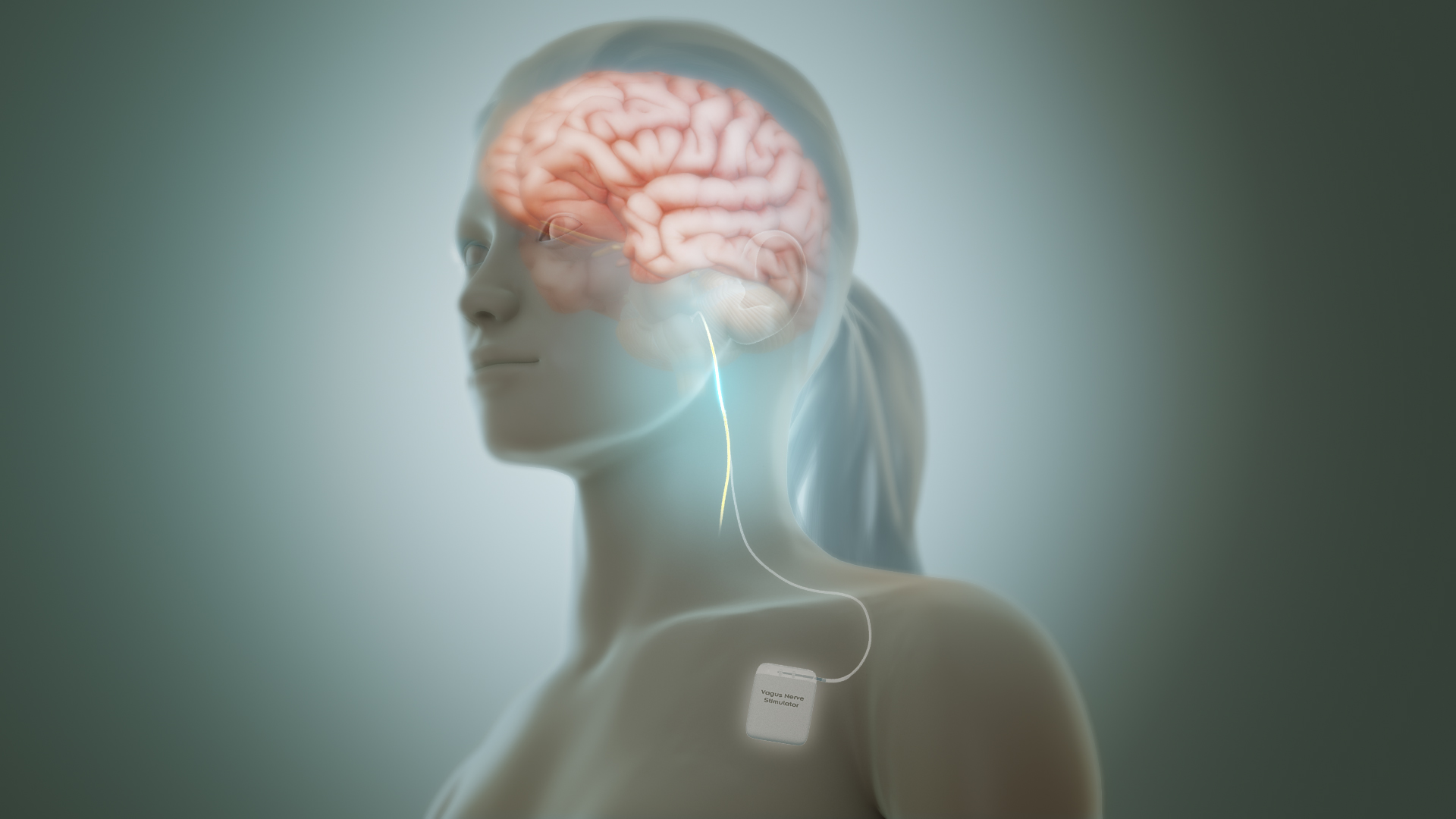Doctors hail 'phenomenal' results from stroke implant device

An implanted device that sends electrical impulses through a nerve to the brain has produced “phenomenal” trial results in patients who have had strokes, according to a press report.
The BBC reported that the trial of the technology known as Vagus Nerve Stimulation has transformed life for patients.
Although the trial is ongoing and the BBC did not report any final results, interviews with doctors and patients suggest a potential new use for the treatment that has already been used to treat patients with epilepsy.
One patient can now use his left hand, which he had been unable to move since his stroke a year ago after treatment with the device from the company MicroTransponder.
It’s thought that stimulating the brain using electrical signals changes its chemistry, helping it to re-wire and regain function after a stroke.
Trial lead at Newcastle’s Royal Victoria Infirmary, Dr Anand Dixit, said the findings so far are a “great hope” for patients with stroke.
He said: "I think, when we analyse the whole results, we are hoping to see that this is a very transformative intervention."
Patient Colin Clough added that he had “given up” on his left hand and had got used to using his right for everything.
But following the intervention he can carry out tasks using both hands, such as carrying a tray and pouring water into a cup.
As well as having the nerve stimulation device fitted, patients on the trial have physiotherapy and carry out repeated physical actions so the brain can re-learn how to use the limb affected by a stroke.
Vagus Nerve Stimulation involves implanting a matchbox-sized generator under the skin below the person’s collarbone.
Wires from the generator are linked to the left vagus nerve, which emerges directly from the brain.
However the procedure is not without its risks – trials in epilepsy have produced adverse events including cardiac arrest, bradycardia, and shortness of breath.
Picture by Manu5












